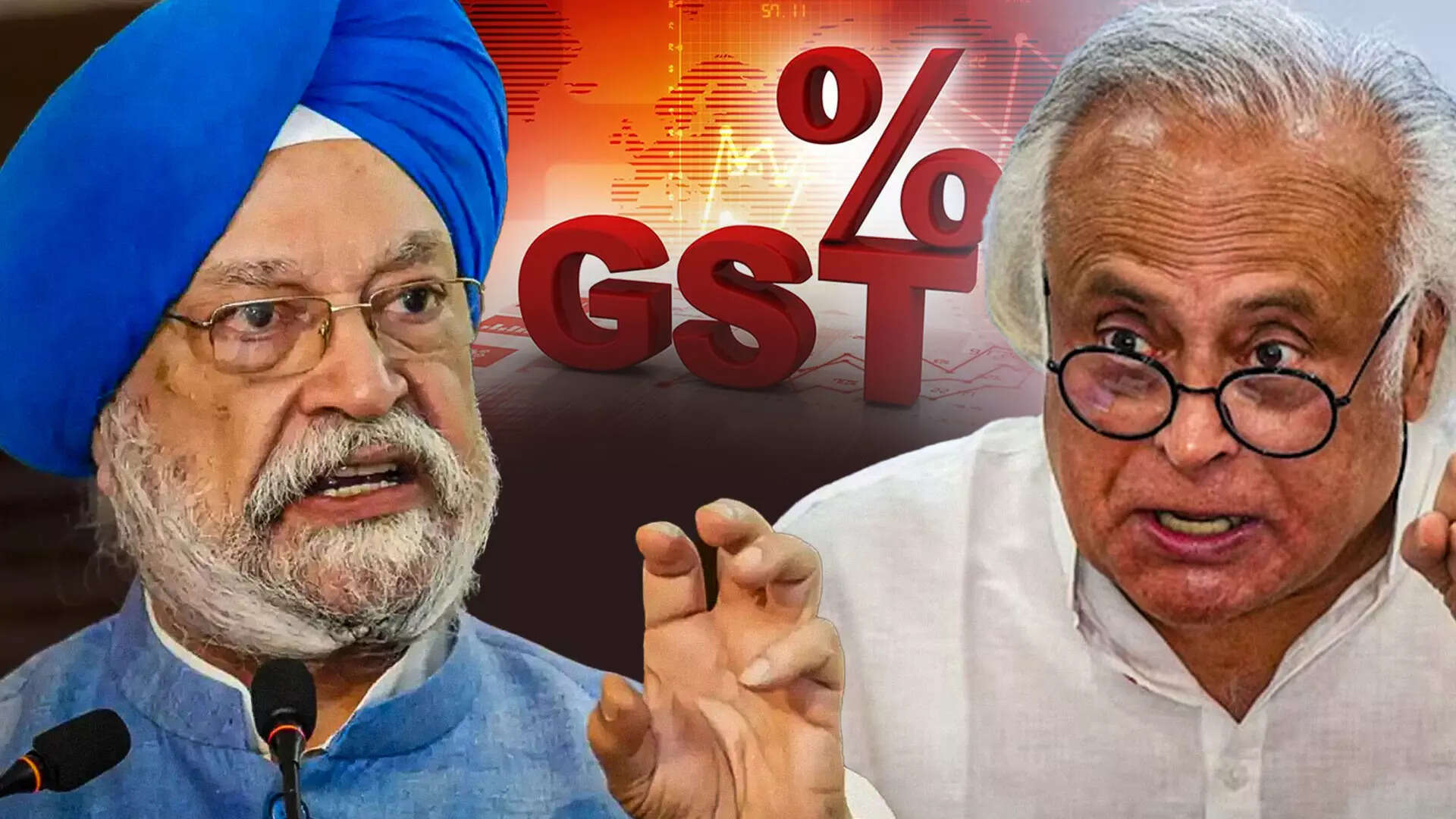Business
Hardeep Singh Puri Projects 0.8% GDP Growth from GST Reforms

Union Minister Hardeep Singh Puri has announced that reforms to the Goods and Services Tax (GST) could potentially boost India’s GDP by 0.8%. This optimistic forecast follows the introduction of GST 2.0, which includes reduced tax rates on 390 items and a simplified compliance structure aimed at easing the burden on businesses. Puri emphasized that these reforms are pivotal in transforming the Indian economy and fostering growth.
The revised GST framework has been described by supporters as a significant advancement for India. Prime Minister Narendra Modi referred to GST 2.0 as a crucial element in the country’s journey toward becoming a developed economy. With a focus on self-reliance, or Atmanirbhar Bharat, the government aims to enhance domestic production and reduce dependence on imports.
Critics, however, express skepticism regarding the timing and effectiveness of these reforms. Jairam Ramesh, a member of the opposition Congress party, criticized the government for its handling of the GST rollout, which began in 2017. Ramesh labeled the current reforms as too little, too late, characterizing the government’s approach as opportunistic rather than genuinely transformative.
Despite these criticisms, Puri remains adamant that India’s economic progression is inevitable. He argues that the reforms will not only stimulate growth but also foster a more equitable economic environment. The debate surrounding the efficacy of GST 2.0 highlights broader concerns about the government’s overall economic strategy and its potential impacts on various sectors.
The implications of these reforms extend beyond mere economic statistics. If successful, they could bring significant changes to businesses and consumers alike, affecting everything from pricing to compliance costs. As the government positions GST 2.0 as a cornerstone of its economic agenda, the outcome remains to be seen, with many watching closely to assess its real impact on India’s growth narrative.
In this evolving landscape, the conversation about economic reform in India continues to ignite passionate discussions among policymakers, economists, and the public. The stakes are high, and as the government moves forward with its plans, the success of these reforms will be paramount for the future trajectory of India’s economy.
-

 World5 months ago
World5 months agoSBI Announces QIP Floor Price at ₹811.05 Per Share
-

 Lifestyle5 months ago
Lifestyle5 months agoCept Unveils ₹3.1 Crore Urban Mobility Plan for Sustainable Growth
-

 Science4 months ago
Science4 months agoNew Blood Group Discovered in South Indian Woman at Rotary Centre
-

 World5 months ago
World5 months agoTorrential Rains Cause Flash Flooding in New York and New Jersey
-

 Top Stories5 months ago
Top Stories5 months agoKonkani Cultural Organisation to Host Pearl Jubilee in Abu Dhabi
-

 Sports4 months ago
Sports4 months agoBroad Advocates for Bowling Change Ahead of Final Test Against India
-

 Science5 months ago
Science5 months agoNothing Headphone 1 Review: A Bold Contender in Audio Design
-

 Top Stories5 months ago
Top Stories5 months agoAir India Crash Investigation Highlights Boeing Fuel Switch Concerns
-

 Business5 months ago
Business5 months agoIndian Stock Market Rebounds: Sensex and Nifty Rise After Four-Day Decline
-

 Sports4 months ago
Sports4 months agoCristian Totti Retires at 19: Pressure of Fame Takes Toll
-

 Politics5 months ago
Politics5 months agoAbandoned Doberman Finds New Home After Journey to Prague
-

 Top Stories5 months ago
Top Stories5 months agoPatna Bank Manager Abhishek Varun Found Dead in Well









